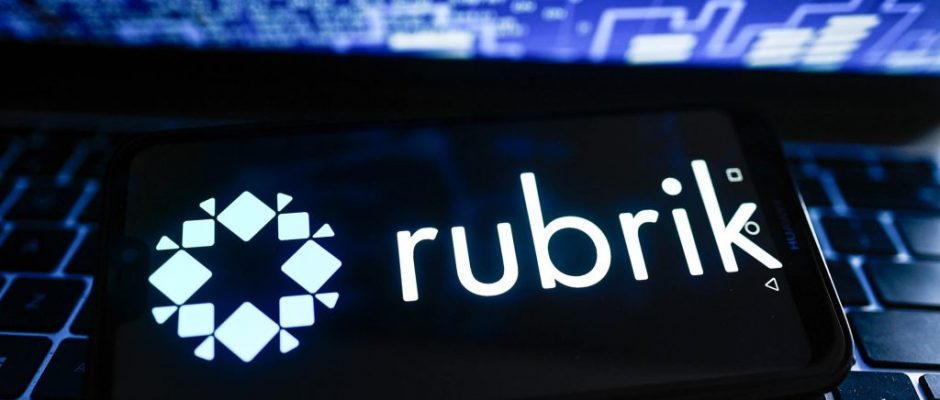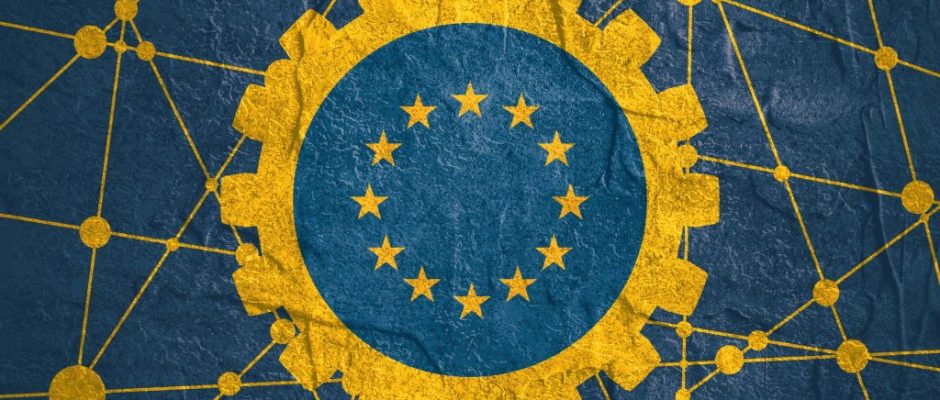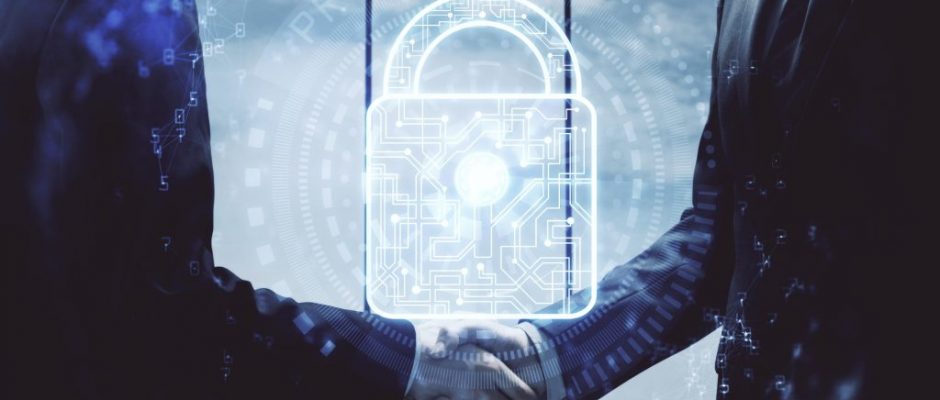Companies must identify the value of their data
Most organizations have no clear idea of the value of the data they hold on themselves and their customers. According to technology research and consulting firm Gartner, 30 percent of chief data and analytics officers (CDAOs) say that their top challenge is the inability to measure data, analytics, and AI’s impact on business outcomes. Gartner also reports that only 22 percent of organizations surveyed have defined, tracked, and communicated business impact metrics for the bulk of their data and analytics (D&A) use cases.
“There is a massive value vibe around data, where many organizations talk about the value of data, desire to be data-driven, etc., but there are few who can substantiate it,” said Michael Gabbard, senior director analyst at Gartner.









